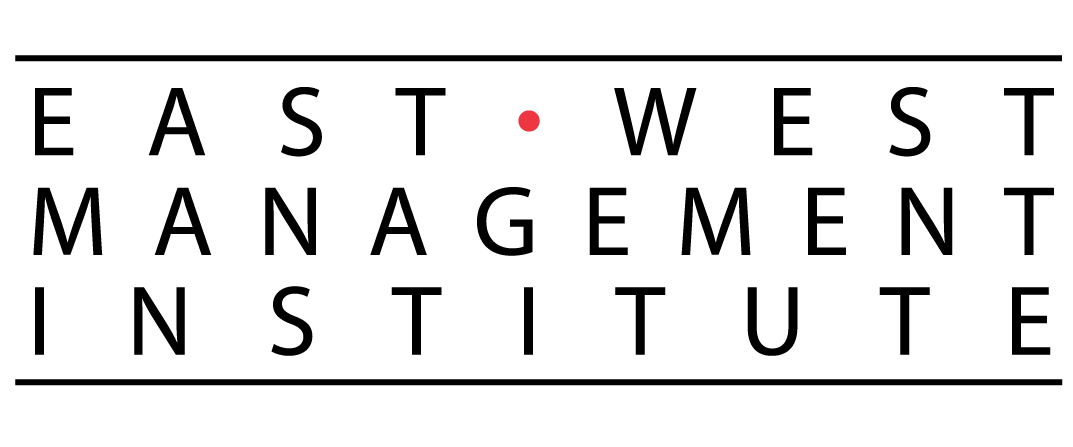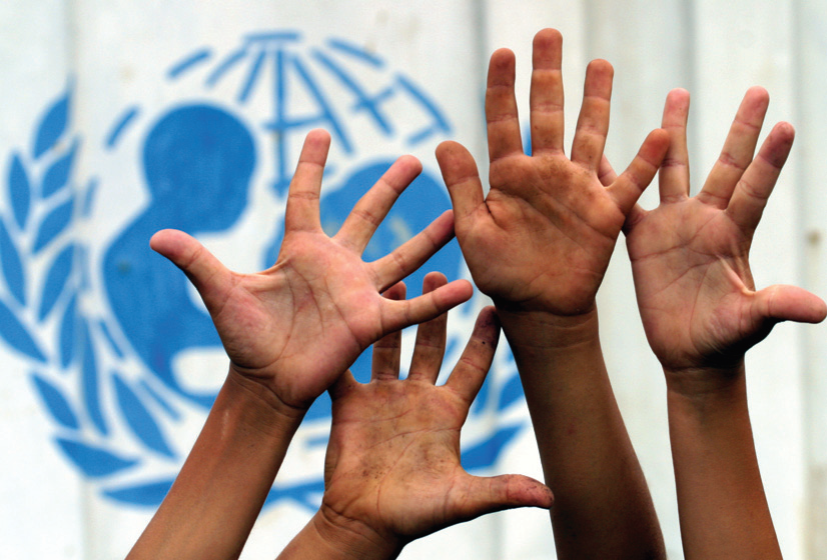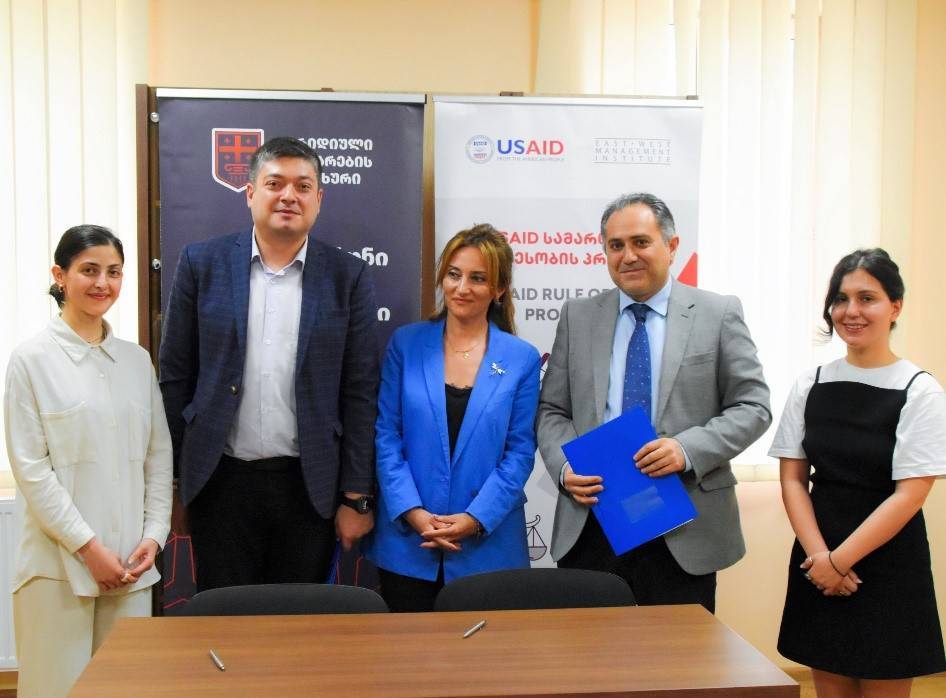ECtHR Rules Posters Containing Vulgarities Fall within the Protesters’ Freedom of Expression and Peaceful Assembly in Georgia
The European Court of Human Rights (ECtHR) made an important judgment in the case of Peradze and others v. Georgia, litigated by the Georgian Young Lawyers Association (GYLA) with the European Human Rights Advocacy Center (EHRAC) and USAID/PROLoG support.
The case concerns the applicants’ complaints that their arrest during a public demonstration against the Panorama Tbilisi construction project in July 2015, and their conviction for the administrative offense of disorderly conduct for holding banners with vulgar statements, amounted to a violation of their right to freedom of expression and peaceful assembly.
The ECtHR stated that there was clearly an interference with the applicants’ right to freedom of assembly. The Court noted that the controversial urban development project was clearly a topic of high public interest, and very strong reasons were therefore required for justifying a restriction on the expression of the applicants’ opinions during the demonstration.
The Court stated that the impugned offensive statement was not directed against any individual or institution in particular, which is why it cannot be considered to be an insult or wanton denigration of anyone in particular. The lewd word was used by the applicants as a stylistic tool for expressing the very high degree of their disapproval with the construction project, and the controversial form they chose to express their opinions on the matter could not be sufficient in itself for restricting speech in a public demonstration seeking to highlight a matter of considerable public interest.
The ECtHR noted that the interference with the applicants’ rights to freedom of expression and assembly consisted not only of the rather insignificant fines imposed on them, but also of being coercively removed from the demonstration by the police. The Court considered that the imposition of a sanction, however lenient, for an expression forming part of a legitimate public debate may have an undesirable chilling effect on freedom of expression.
The Court found Georgia had violated Article 11 (freedom of assembly and association) of the European Convention on Human Rights in light of Article 10 (freedom of expression), and ordered the state to pay each of the applicant’s EUR 40 as pecuniary damages and EUR 1,000 for non-pecuniary damages.
The USAID Rule of Law Program continues its support for the protection of the right to freedom of expression and freedom of assembly in Georgia through strategic litigation on the national and international level.







